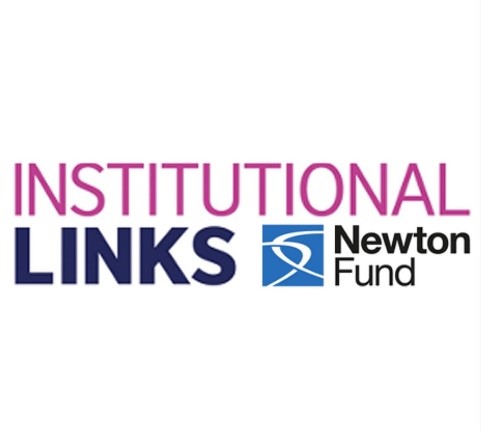
Export-readiness in the Thai edible insect industry: Devising a Roadmap
Funder
Newton Fund Institutional Links
Total value of project
£75,215
Value to Coventry University
£38,725
Project team
Dr David Bek ( PI), Dr Pattanapong Tiwasing (Co-I), Dr Jennifer Ferreira
Collaborators
Coventry University (lead researcher); Mahasarakham University, Thailand (lead researcher); Khon Kean University, Thailand
Duration of project
17/02/2021 - 01/03/2022

Project overview
Thailand is the world’s largest producer of edible insects, supplying into domestic and regional markets. The global market for edible insects is expanding rapidly and there is potential for significant growth into markets, such as the EU and UK, which can offer greater value added for Thai exporters. This research will underpin the development of a roadmap to overcome barriers and which will enable Thailand's edible insect industry to achieve export readiness. For example, Thai producers lack knowledge of the protocols of international trade for insect-based products, including importing nations’ legislation and standards, as well as Thailand’s export regulations.
To achieve the roadmap, this project will create an institutional link between Mahasarakham University, KhonKean University, Thailand and Coventry University, UK to support the edible insect industry in achieving export readiness. This link will enable a multi-disciplinary team of researchers to collaborate and share their diverse knowledge and experience. Opportunities for capacity building within the UK and Thai teams will be developed as the basis for longer term partnership.
Project objectives
The overarching aim is to support the development of a viable export strategy for the edible insect farming sector in Thailand.
- To review the requirements for entering major overseas retail markets, particularly the EU and UK.
- To evaluate the export-readiness of insect production systems in Thailand by assessing the extent to which insect farmers currently meet these standards and requirements and identify the key barriers to farmers and producers meeting these standards and requirements.
- To collaborate with local Thai partners, and scope out an effective roadmap to support local farmers and producers in meeting the requirements to become export ready.
- To disseminate the key findings to relevant stakeholders and support development of an implementation plan.
- To build research capacity and partnership via an enduring international collaboration.
Impact statement
This project will play a crucial role in transforming the comparative advantage of the Thai edible insect industry into competitive advantage by 1) developing a roadmap for meeting international requirements; 2) embedding the institutional arrangements required to deliver the roadmap. This will support the export readiness of local producers and their ability to access growing global markets.
Short-term impact (2-7 years): Local farmers and government agencies will be able to share knowledge about international markets and international food standards and requirements with synergistic partners and new farmers. The roadmap will be implemented at local and regional levels.
Medium-term impact (>7 years): The project will build in scale reaching the wider national insect sector and broadening the range of insect species being exported. Long-term export capacity will grow with significant benefits in terms of local employment, economic value added, and local and regional development.
Longer-term impact: the collaborations will be extended and broadened in order to support agri-exports from Thailand.




